

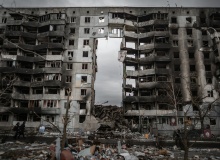
We Christians should stand up for truth, compassion, righteousness and justice for all. We must persist in prayer for a just peace, for Ukrainians and for Russians.
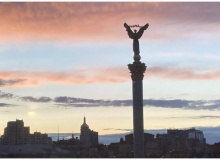
Soldiers and family members of fallen heroes, chaplains, public figures, representatives of churches and religious organisations, were joined at the national breakfast by some 350 invited foreign guests.
.jpg)
Put yourselves, if you can, in the shoes of one of their parents: your home has been destroyed, your village invaded, and one or more of your children have been kidnapped by the invaders.
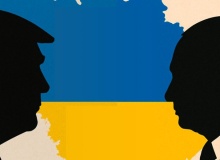
Trump and Putin show a clear instinct to return to a world in which strong rulers dominate the political stage.
.jpg)
In war, the first casualty is truth. Nowhere is this more evident than in the long and brutal campaign waged by Moscow — not only against Ukraine’s sovereignty but against its very identity.
.jpg)
What motivates these emigrants and their children, after years in Germany, to move to a place where their families suffered decades of humiliation, persecution and oppression? Where does the sudden enthusiasm for Russia come from?
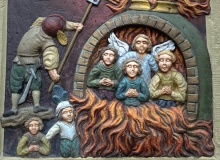
This may be the end of an era, as it was for Augustine when Rome fell; or for the wartime generation enduring the terror of German nationalism. But this is not yet the end.
.jpg)
Tearfund, Evangelical Alliance and other organisations reject what they describe as a “cruel” and “unwise” decision.
.jpg)
A Ukrainian evangelical leader calls on Europeans to “take primary responsibility” in the resolution of the conflict.
.jpg)
Europe now watches aghast as a brazen, unbridled imperialism makes claims on Panama, Canada, Greenland and Gaza. Trump joins those wolves in sheep’s clothing he admires like Putin, Orban and Wilders, masquerading as defenders of the faith.
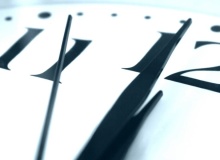
Jesus talked of wheat and tares growing up together. Here is a random sample of both in the last 25 years.
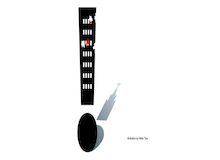
Let us continue to pray for more ‘moments of grace’, and a just and lasting end to this war.
.jpg)
The secretary general of the Russian Evangelical Alliance, Vitaly Vlasenko, calls for peace, reconciliation and an end to the war.
.jpg)
As the two-year anniversary of Putin’s ‘special operation’ in Ukraine approaches, we can be tempted to be discouraged and feel our prayers are not being heard.
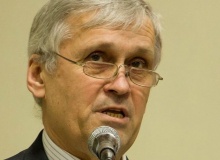
Yury Sipko, who served in the past as head of the Russian Evangelical Baptist Union, has publicly prayed for the end of the invasion in Ukraine and called the war “a crime”. In the past, he criticised the laws restricting religious freedom.
.jpg)
Remember how 2020 was expected to be a watershed year? The hopes that Covid-19 would force lifestyle changes?
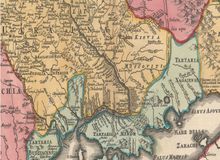
For Ukrainians, this is more than a minor issue of grammar. It involves the whole reason why Putin launched his misguided ‘special military operation’ in the first place.
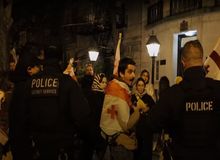
The protests helped reverse a 'foreign agent' law that would have had a negative impact on churches, say evangelicals in the Eastern European country.
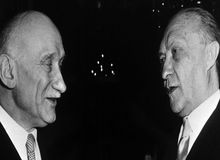
What role can faith communities in Europe today play in recovering foundations for sustainable, just and flourishing societies?
.jpg)
Especially in the Ukraine war with all its religious sub-themes, the churches should talk to each other and deal with the religious roots of this war.
.jpg)
Vladimir Putin justifies his war against Ukraine by claiming to protect Russia, at its historic borders. The question however is – what does he mean by 'historic'?
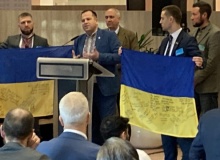
Ukrainian villagers were glad to get food but also prepared to stand in the snow and cold wind to listen to the team share the gospel.
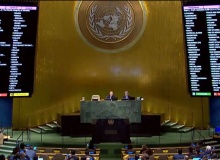
The unholy alliance of the Russian church and state is a lesson for Christian nationalists everywhere.
.jpg)
Civil targets hit in the worst attack in months. Putin blames Ukraine for bridge explosion in Crimea as Belarus announces a joint military force. Christians in Kyiv react with Bible verses.
.jpg)
Patriarch Kirill defends Putin in what he calls a “fratricidal war”. Meanwhile, tens of thousands continue to leave Russia to avoid military mobilisation.

Las opiniones vertidas por nuestros colaboradores se realizan a nivel personal, pudiendo coincidir o no con la postura de la dirección de Protestante Digital.